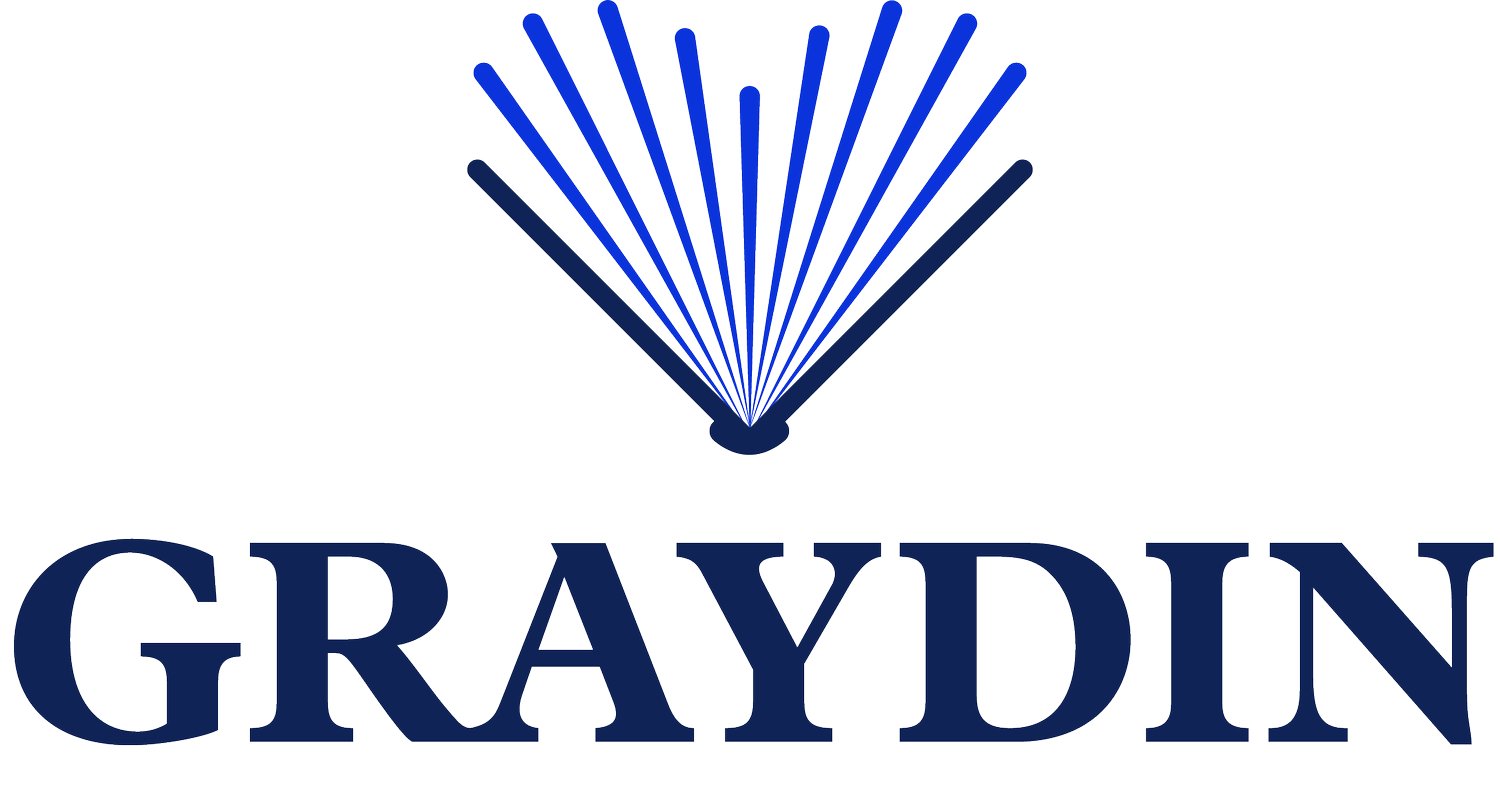What Books Should a Coach Read Next?
At the end of our Anatomy and Journey coaching courses, we often get asked the question, “What books should I read next?”
The simple (and not so simple) answer—everything. We encourage our participants to choose breadth over depth. As a coach, it helps to know a variety of theories, philosophies, methods and studies more than to know one or two really well.
For example, our co-founder Quinn finds that Sociological and Anthropological theories inform many of her coaching conversations. One in particular is the work of Social Psychologist, George Herbert Mead who wrote Mind, Self and Society in 1934.
He has a theory that we are all made up of two parts: the ‘I’, or the innovative voice within you that wants to take action, and the ‘Me’, or the built-in society that warns you against certain actions that go against societal norms. Whist Quinn is unlikely to share this theory with her coachee, it does lead her to ask questions like, “What are you driven to do?,” followed by, “What will other people think?” or “What will get in your way?” or “How will you push forward with your own values when they are not aligned with the values others?” By helping the coachee discern between their I and Me, Quinn can help them pick apart their motivations and plan their actions more clearly.
A well-read coach can combine seemingly disconnected theories into a breakthrough for their coachee. There are millions of incredible books and authors whose stories and ideas can enhance your coaching just by helping you come up with interesting topics.
You might, for example, read Atomic Habits by James Clear (which we recommend! We love his work so much that we teach the R’s of Habit Change as part of our student wellbeing series, the BE Remix). You may then find yourself asking detailed questions about the ‘reward’ someone might get after embedding a new habit into their life. Or, you may consider asking, “What joyful experience can you do whilst doing something you dislike doing?” James Clear reminds us that its often the very minor changes that make all the difference. So perhaps instead of asking, “What’s the next step?” you’ll ask, “What is the tiny, little, miniature, wee, minuscule action you can take next?” You are encouraging your coachee to think outside the box, because you have done so yourself.
Our Next Steps in Coaching Book List
Here is our list, in no particular order at all. This list is only a starting point. We’d love to hear from you about books that have made a difference in your coaching journey! Please feel free to share below, or on Educators With Heart.
Coaching for Performance
by John Whitmore
A New Earth: Awakening Your Life’s Purpose
by Eckhart Tolle
The Way of Zen
by Alan Watts
The Future of Coaching
by Hetty Einzig
Evocative Coaching: Transforming Schools One Conversation at a Time
by Bob Tschannen-Moran and Megan Tschannen-Moran
The Conscious Parent: Transforming Ourselves, Empowering Our Children
by Shefali Tsabary
The Life Coaching Handbook: Everything You Need to be an Effective Life Coach
by Curly Martin
The Heart of Coaching: Using Transformational Coaching to Create a High-performance Coaching Culture
by Lerissa Nancy Patrick and Thomas G. Crane
Life Strategies Workbook
by Philip Mcgraw
Coach Yourself to Success, Revised and Updated Edition: 101 Tips from a Personal Coach for Reaching Your Goals at Work and in Life
by Talane Miedaner
21 Lessons for the 21st Century
by Yuval Noah Harari
Atomic Habits: An Easy and Proven Way to Build Good Habits and Break Bad Ones
by James Clear
Tribes
by Seth Godin
Whatever You Think Think the Opposite
by Paul Arden
Co-active Coaching: New Skills for Coaching People Toward Success in Work and Life
by Laura Whitworth
The 7 Habits of Highly Effective People
by Stephen Covey
Thinking Fast and Slow
by Daniel Kahneman
We deliberately didn’t link any of these books to a website or seller. There are a multitude of places where you can buy books these days, but we recommend supporting your local and BIPOC-owned bookstores instead of one large conglomerate.
